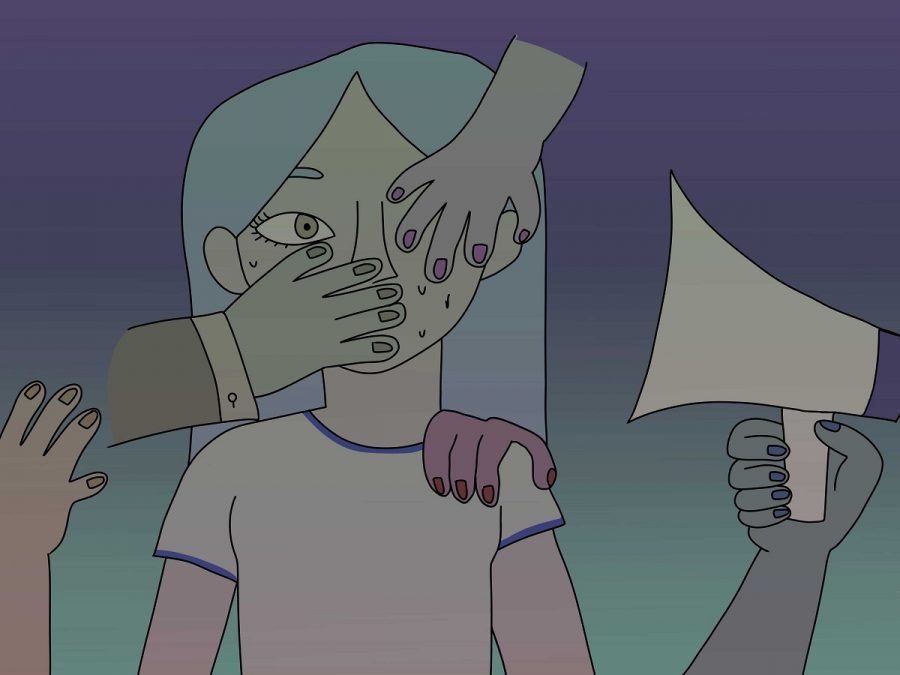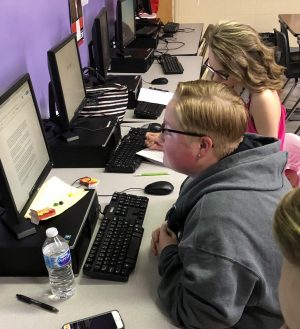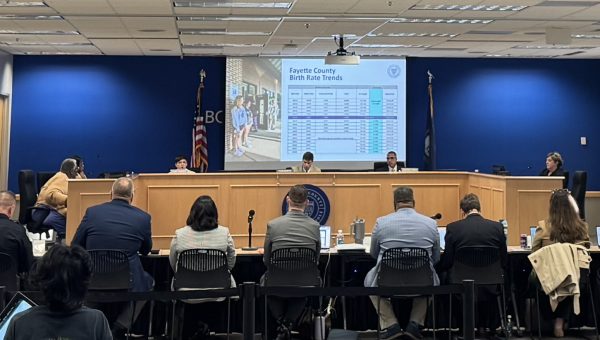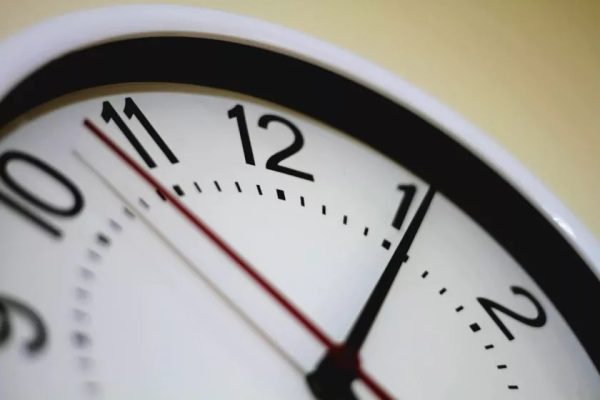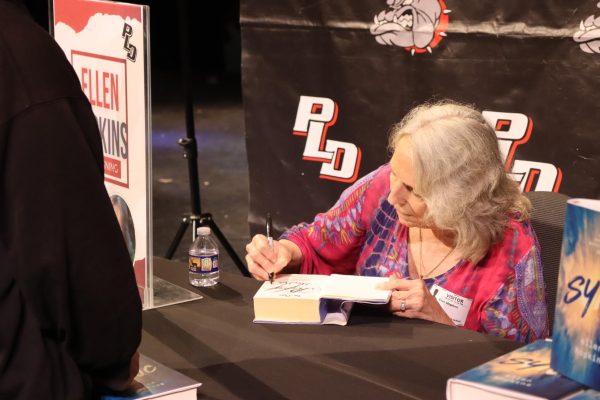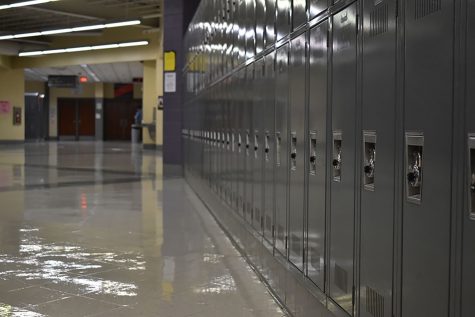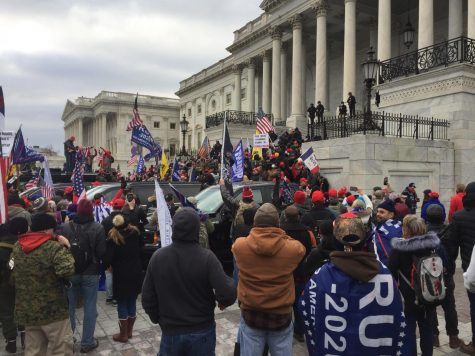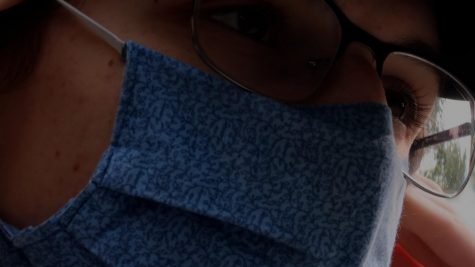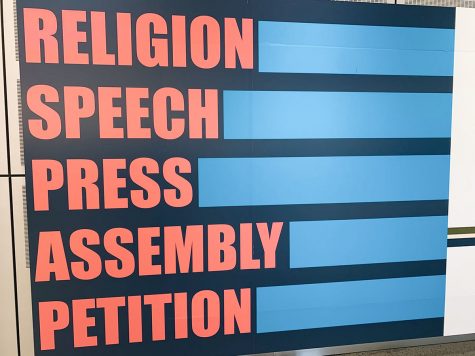Still Not Heard
A follow-up to the editorial about being denied entry to the Secretary of Education’s roundtable discussion.
On April 18, we published “No Seat at the Roundtable,” in response to being denied entry into an open meeting with Secretary of Education Betsy DeVos in Lexington. In the words of some news organizations, the piece did go “viral,” reaching audiences all around the world in a short amount of time. The next day, the Lexington Herald-Leader, our local paper, reported on our editorial. Three days later, we heard the news that The Washington Post published its own piece about our experience.
In the moment, it was hard to wrap our heads around the attention we were receiving. Our story has received over 12,000 hits on our website since it was published, so we know that we reached an audience wider than we ever imagined.
A few days later we were still trying to process the news that we had been recognized by The Washington Post, later that evening we received word via Twitter that CNN covered our editorial as well. We were sitting in Abigail’s driveway, our heads spinning in disbelief. A few minutes later, we saw on Apple News that USA Today wrote about our experience. We couldn’t believe it.
That night, we spoke with our adviser, Mrs. Wendy Turner, about our accomplishments, and the heights we had reached. We also discussed the ups and downs of the day with Olivia’s parents, relaying all that we could remember. It felt as though the entire week had been crammed into one day; it all felt like such a blur.
We were unexpectedly given a national and international platform, which we are grateful for, but this experience has had highs and lows. We were excited to spread our message, but we have been saddened to find that most of the media outlets who covered our story sidestepped us.
We feel like our story may have been co-opted to create a narrative we did not intend. We did not want our editorial to be partisan in any way or make it appear as though we meant to harm. Again, we are extremely grateful to the media organizations that picked up our story, but we don’t fully understand if they got our message, which was that we wanted our seat at the table. Our firsthand account hasn’t been put into context through all of the hype.
The headlines in most of the publications used words like bashing, blast and slam suggesting that we were attacking the secretary of education. The publications misconstrued our editorial. It was never our goal to attack anyone. We just wanted to relay our experience of trying to emphasize what happens all too often to students: We’re shut out of conversations. We wanted to shine a light on the all too common practice of leaving students out of the discussions about what’s best for them.
Getting the facts out about our experience to the world and making the story of what happened heard is what we intended on doing. Isn’t it ironic that articles about our editorial on the lack of student input had such little student input? We weren’t even asked to meet or discuss our issues. It was another instance where we STILL weren’t given a seat at the table. And we still haven’t gotten an answer to the question our editorial asked. In our original editorial we asked why a roundtable discussion on education required an invitation, and why were no public school educators invited?
Our editorial was written to amplify student voices that aren’t heard. We understand that as students, many believe we do not have the same power as adults do. Although we are young journalists, we have the passion of professional journalists. The adults in power are doing exactly the opposite of what we intended. As a result, we haven’t been able to control our own narrative. It’s important for adults to remember that we have things we want to say, and maybe they should consider the fact that the faults in education are because no one asks us what actually works for us.
But it isn’t all adults.
The only organization mentioned in our story who reached out to us was Bluegrass Community and Technical College (BCTC). They not only called to discuss our experience, but they also came to meet with us in person.
On the morning of April 22, we met with the President of BCTC, Dr. Koffi Akakpo, and the Associate VP of Strategic Communication, Michelle Sjogren. We asked them questions we had regarding BCTC’s involvement and their responses were added as updates in our editorial.
We hope they’re considering our suggestion that they no longer agree to hold these types of closed events on their campus.
There were also people and groups we admire who inspired us to keep working hard. For example, in the world of journalism, we were excited when the Newseum, the Student Press Law Center, and the Editor and General Manager of the Lexington Herald-Leader tweeted their support of our work. We were retweeted by National Coalition Against Censorship. We even received an encouraging message from 2009 Pulitzer Prize Editorial Writing winner Mark Mahoney.
We had retweets and comments from PLD Lamplighter alumni that warmed our hearts (#livelovelamplighter #programfirst).
With help from other groups in the community such as The Kentucky Coalition for Open Government who answered our questions about open meetings law, we were able to update our story. Lexington Herald-Leader reporter Valarie Honeycutt-Spears shared contact information for the Secretary of Education’s office to help us update.
In addition, we got support from hundreds of people commenting on our web site and on our social media platforms with messages like “A bit of faith in our country has been restored by you!” and “students such as yourselves give me hope for a brighter future.”
We are humbled for being told that we have inspired so many people. Knowing that our words have made such an impact is mindblowing. However, we’re still wanting a seat at the table. For us, and any stakeholder in public education.
This follow-up was co-published with Education Week. A similar version of this essay appears on their site.
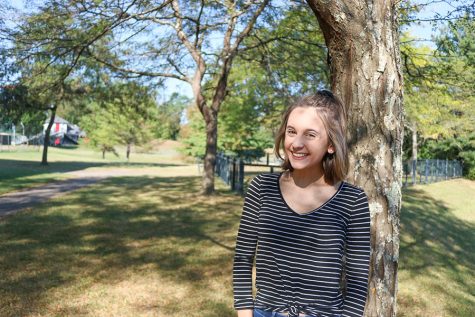
My name is Olivia Doyle. This is my third year on staff and I am one of three Editors-in-Chief for Lamplighter. Last year, I was the Public Relations Manager...
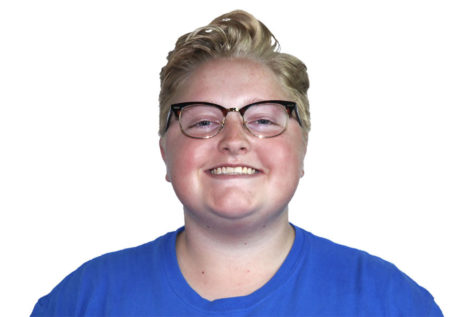
My name is Reese Wheatley and this is my third year with PLD Lamplighter. Journalism is my love and special education is my passion. I'm fortunate enough...
























